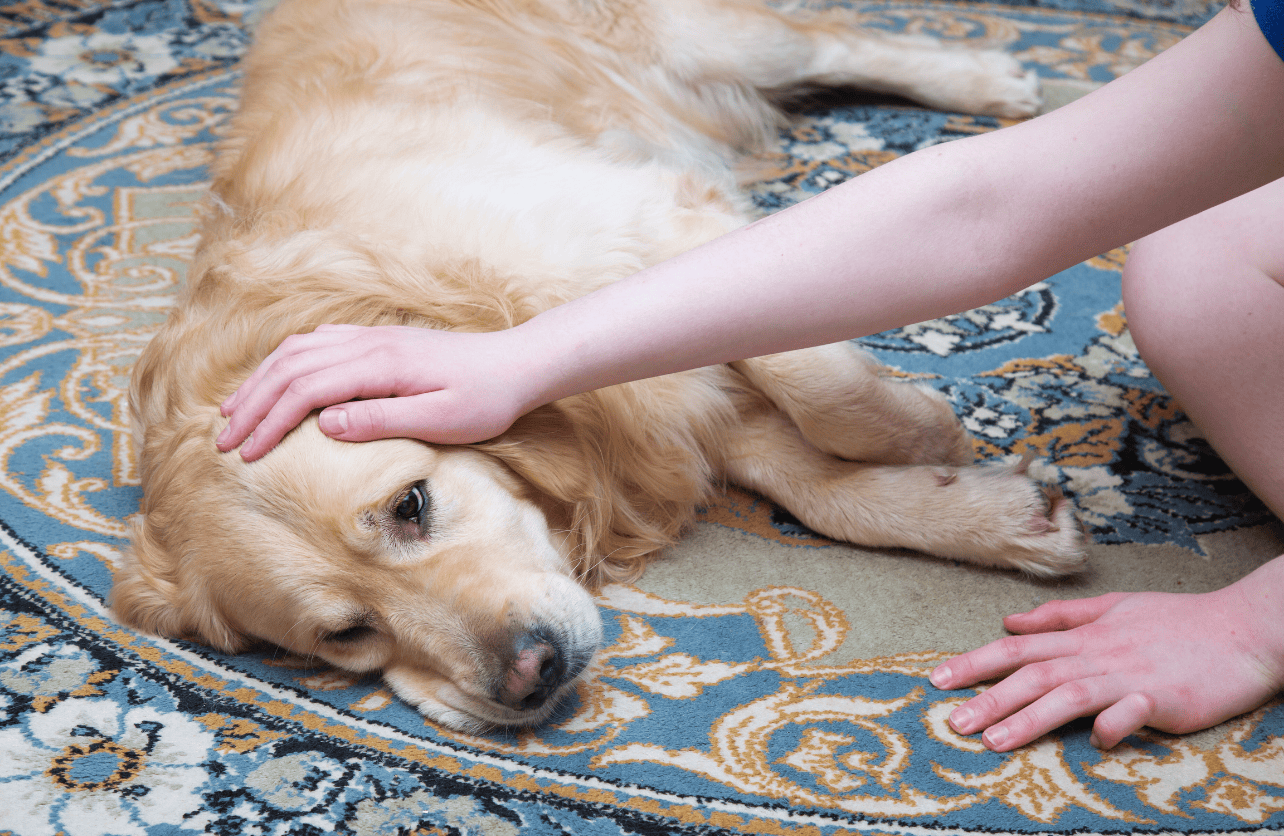Can Dogs Catch Colds? What to Do if Your Dog Has a Respiratory Infection

When your dog starts sneezing or coughing, it’s natural to wonder if they’ve caught a cold. While dogs don’t catch colds in the same way humans do, they can develop respiratory infections caused by viruses, bacteria, or environmental factors. These infections can lead to symptoms resembling a human cold, such as coughing, sneezing, and a runny nose. Understanding the causes, symptoms, and treatments for canine respiratory infections can help you provide the care your dog needs.
Can Dogs Catch Colds?
Dogs don’t catch colds from humans, as the viruses that cause colds in people don’t affect dogs. However, dogs can develop respiratory infections caused by their own set of pathogens. Common culprits include:
- Canine Parainfluenza Virus (CPIV): A major cause of respiratory illness in dogs, often associated with kennel cough.
- Canine Adenovirus Type 2: Another contributor to upper respiratory infections in dogs.
- Bordetella bronchiseptica: A bacterial infection commonly linked to kennel cough.
- Canine Influenza Virus (CIV): Known as dog flu, this virus can cause cold-like symptoms and spread among dogs in close contact.
These infections are not transmissible to humans but can spread quickly between dogs, especially in crowded environments like boarding facilities or dog parks.
Symptoms of a Dog Cold or Respiratory Infection
The symptoms of a respiratory infection in dogs can resemble those of a human cold and may include:
- Coughing, ranging from dry to wet or hacking.
- Sneezing or nasal discharge, which may be clear or colored.
- Runny or watery eyes.
- Lethargy and reduced activity levels.
- Loss of appetite or difficulty eating.
- Fever in more severe cases.
While these symptoms are often mild, it’s important to monitor your dog closely. If symptoms worsen or persist for more than a few days, consult your veterinarian.
How to Treat a Dog with a Respiratory Infection
Provide Rest and Comfort
Allow your dog to rest and recover in a calm, peaceful environment. Ask your veterinarian about supplements like dog hemp chews or liquids to help limit stress. Limit strenuous activities like running or playing to help conserve their energy.
Encourage Hydration
Ensure your dog has access to fresh water at all times. This may include a pet fountain indoors and a water bottle for dogs when leaving the home. Staying hydrated helps thin mucus and keeps their respiratory system functioning properly.
Use a Humidifier or Steam Therapy
Adding moisture to the air can soothe your dog’s respiratory passages and make breathing easier. Consider placing a humidifier near their resting area or bringing them into a steamy bathroom for short periods.
Administer Cough Suppressants (If Recommended)
Cough suppressants can help reduce irritation and provide relief, especially if your dog has a persistent, dry cough. Over-the-counter options designed for humans should never be used without veterinary guidance. Your vet may recommend safe medications such as:
- Prescription cough suppressants.
- Medications to address underlying causes, like antibiotics for bacterial infections.
Adjust Their Diet if Needed
If your dog’s appetite is reduced, offer soft, palatable foods that are easier to eat. Warm, low-sodium chicken broth can be a soothing and hydrating addition.
When to See a Vet
While many mild respiratory infections resolve on their own with supportive care, certain symptoms require veterinary attention:
- Persistent or worsening cough.
- Thick, yellow, or green nasal discharge.
- Difficulty breathing or wheezing.
- High fever or signs of pain.
- Lack of improvement after a few days of home care.
Your vet may perform diagnostic tests, such as a physical exam, X-rays, or lab work, to determine the cause of the infection and recommend appropriate treatments.
Preventing Respiratory Infections in Dogs
Prevention is always better than cure. Here’s how you can reduce the risk of respiratory infections for your dog:
- Vaccinations: Keep your dog up-to-date on vaccines for Bordetella, canine influenza, and other respiratory illnesses.
- Hygiene: Clean your dog’s bedding, toys, and bowls regularly to minimize exposure to germs.
- Avoid Crowded Spaces During Outbreaks: During known outbreaks of illnesses like kennel cough, avoid taking your dog to boarding facilities, dog parks, or other crowded places.
Wrapping Up
While dogs can’t catch colds from humans, they are susceptible to respiratory infections that require attention and care. Most infections are mild and resolve with supportive care, but severe cases may need veterinary treatment, including prescribed cough suppressants.
By understanding the symptoms and providing a safe, nurturing environment, you can help your dog recover quickly and comfortably. Regular vet checkups and preventative measures like vaccinations can also keep your furry friend healthy and protected from future respiratory illnesses.
Your Pet’s Best Interest, Always
At Pet Institute, we take pet care seriously. We're dedicated to transparency, impartiality, and the well-being of your pets in every article, review, and recommendation we provide. Our unwavering commitment to these principles ensures that you, our valued reader, always receive reliable and unbiased information. Let us be your trusted guide in the world of pet care and companionship.